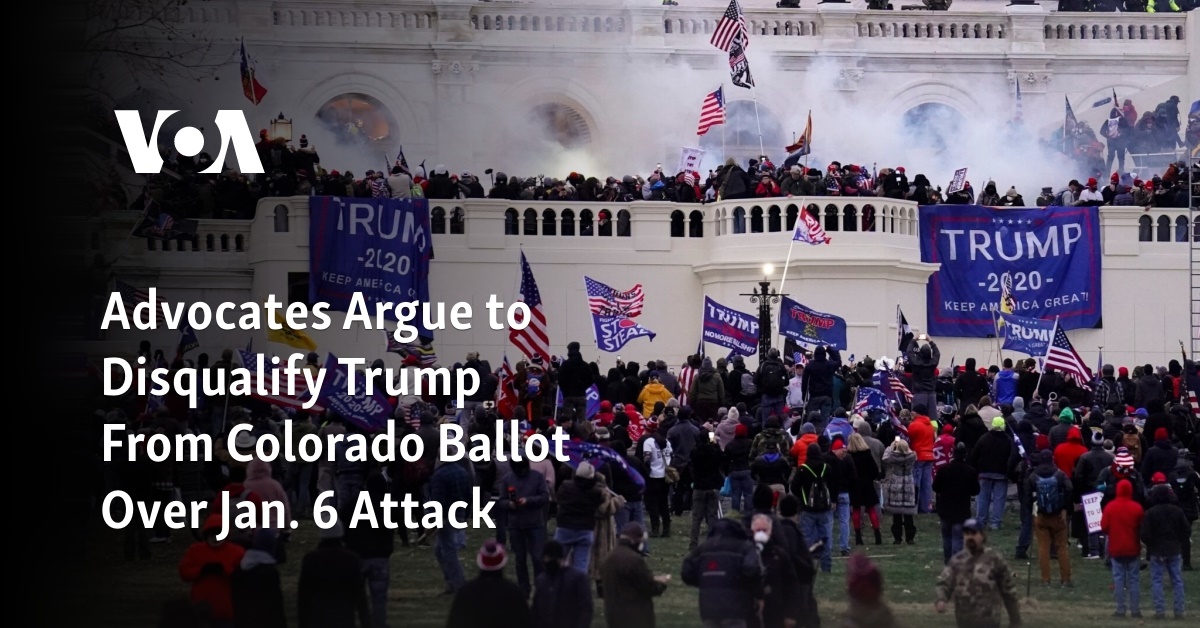
On Sunday, Mexicans will hold historic elections that will tackle gender, democracy and populism, determining the country's path into the future, which has been overshadowed by cartel violence.
With two women in the lead, Mexico is likely to elect its first female president – a major step in a country long defined by its macho culture. The election is also the largest in the country's history. According to the National Electoral Institute, more than 20,000 congressional and municipal posts are up for election.
Claudia Sheinbaum, the former mayor of Mexico City, has been comfortably in double digits in opinion polls for months. Xóchitl Gálvez, an opposition senator and technology entrepreneur, represents a coalition of parties that historically have little in common other than their recent opposition to outgoing President Andrés Manuel López Obrador.
Mexico goes into Sunday's elections deeply divided: friends and relatives no longer talk about politics for fear of deepening unbridgeable divides, while drug cartels have split the country into a patchwork of warring principalities. The atmosphere is literally heating up, with a wave of unusual heat, drought, pollution and political violence.
At the moment:
— More populist politics or a tougher fight against cartels? Mexicans are weighing up options when electing their new head of state.
– Mexico's drug cartels and gangs appear to be playing a bigger role in Sunday's elections than before.
– Mexicans choose between continuity and change in elections marred by violence.
– Violence overshadows the last day of the election campaign for Mexico.
Follow AP's global election coverage at https://apnews.com/hub/global-elections
Here is the latest on the election in Mexico:
Frontrunners Sheinbaum and Lopez Obrador cast their votes
MEXICO CITY — As she left her home to cast her vote, front-runner Claudia Sheinbaum succinctly told reporters she was “very happy, very excited” about the day, which she called “historic.”
She said she had had a “quiet” night and would come home for breakfast after voting.
She called on people to go to the polls. “You have to vote, you have to go out and vote,” said the former mayor of Mexico City.
___
MEXICO CITY — On the outskirts of Mexico City, in the San Andres Totoltepec neighborhood, election officials marched past 34-year-old housewife Stephania Navarrete, who watched as dozens of cameramen and election officials gathered where leading candidate Claudia Sheinbaum was scheduled to cast her vote.
Navarrete said she plans to vote for Sheinbaum, despite her own doubts about outgoing President Andrés Manuel López Obrador and his party.
“For me as a Mexican, having a female president will be like the old days when you were limited to certain jobs just because you were a woman. That's no longer the case.”
She said Sheinbaum's mentor's social programs are critical, but her biggest concern in this election is the worsening of cartel violence in recent years.
“That's what they need to focus more on,” she said. “For me, security is the biggest challenge. They said they would reduce crime, but no, the opposite has happened, it's skyrocketed. Of course, I don't blame the president entirely, but in some ways it is his responsibility.”
___
At a special polling station on a major medical campus in Mexico City where people such as on-call doctors and nurses who cannot get home to vote can cast their ballots, men and women wait for the polls to open.
Aida Fabiola Valencia said: “Yesterday I told my colleagues to go and vote. I don't know who they will vote for, but it is the first time they can vote for a woman who I think will play an important role. We (women) make up 60% of the population, that is historic.”
There have been female candidates in Mexico before, but this is the first time that the two leading candidates – Claudia Sheinbaum and Xóchitl Gálvez – are women.
Nearby, Mónica Martínez said: “The fact that people are voting for a candidate who is a woman means a lot of changes at all social and professional levels. It means that things are already starting to improve. That is already the case. But the fact that it is a presidential candidacy is much more significant.”
Shops offer free goods for Sunday voters
MEXICO CITY — Thousands of Mexican stores are advertising free merchandise offers to customers who come into the store on Sunday and show ink on their finger – a security measure to prevent someone from voting twice.
The offers are intended to encourage people to vote.
Some branches of the country's largest convenience store chain, Oxxo, are offering voters a free cup of coffee. The national restaurant chamber said some members are also offering discounts on food and drinks.
Human Rights Commission criticizes electoral authorities
MEXICO CITY – Mexico's once-autonomous National Human Rights Commission has issued an unusual statement criticizing electoral authorities.
The commission, which has largely followed and supported the policies of outgoing President Andrés Manuel López Obrador, claimed on Saturday that electoral authorities had not acted vigorously enough against “slander,” a term López Obrador frequently uses in response to any criticism.
In Mexico, elections are carried out by the independent National Electoral Institute. The commission actually has no role to play in the electoral process.






Recent Comments